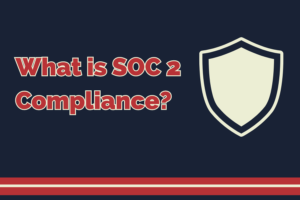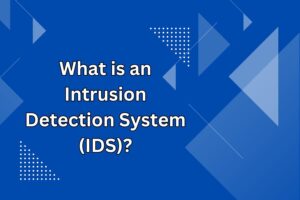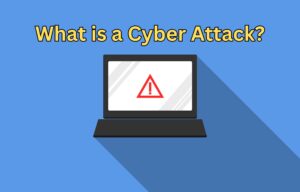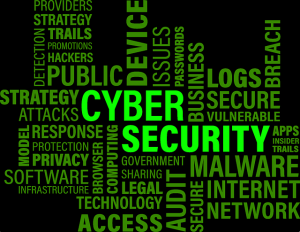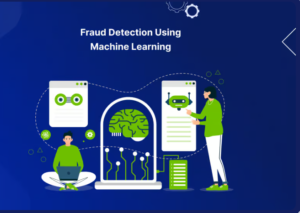Guest Post – Key Security Tips On How To Make Your Computer Secure To Reduce Hacks

Computer hackers are a despicable bunch. You will never know the details of their actions. They typically operate to create chaos, cause loss, or steal. Their targets include businesses, government agencies and even regular people like you and me. While large-scale entities may have somewhat robust options to protect their computers, we can only resort to our common sense to protect ours.
If you think you are safe, be warned: every electronic device that connects to the internet can be hacked into. Thus, it is best to exercise caution, lest you regret later.
Some of the best techniques you can use to secure your computer from potential hacks are in fact simple, yet overlooked. In this post, we seek to enlighten you on a few security tips that can help protect your data and privacy. Let’s get the ball rolling:
Use a Complex Password
Many of us are guilty of having used the same password for years. Set a reminder on your phone to change your password at least once a month. When changing your password, use the tips above to create something more secure. Remember, no matter how secure a password is, it loses value the moment someone else can see it.
Use Two-Factor Authentication
Remember when you opened your last Gmail account? Filling in your personal details, a username and password would have been insufficient. You typically see prompts to provide your mobile number or an alternate email address to which they would send a code to in order to activate your account. Although bothersome when you are trying to open an email account quickly, it is helpful in the long-term. Besides Gmail, there are several instances where you can make use of the security provided by this excellent system, as many companies are making it a standard for signing up.
Two-factor authentication requires users to enter their password and confirm their identity via a code which is automatically sent via text message to their mobile phone. As a result, hackers who have simply stolen your password cannot do much with it, unless they have your mobile phone as well.
Never open an email attachment unless you are 100% sure of its content.
A common rule of thumb states that if you receive an attachment via email from a sender you do not know or have not corresponded to with previously, just delete it. If the email is urgent, the sender will always find an alternate way of contacting you.
Email attachments are one of the most common ways through which hackers download malware to computer systems. Remember the “ILOVEYOU” virus which wrecked havoc in 2000?
This rule applies to even social media messages. If you receive a message or attachment via Facebook or Whatsapp, for example, from someone you do not know, simply delete the message. If it is from a friend, confirm with them that they had sent you something. Some viruses propagate via a person’s contact list, and receivers, since they know the sender, download the attachment.
Related : 15 Online Free Tools to Scan Website Security Vulnerabilities & Malware
Update Your OS, Software and Antivirus Program
Keep all your software updated as and when updates become available. Software updates are released as fixes to various bugs that may have existed in the previous version. Updates also tend to include improved security from the latest viruses and potential vulnerabilities. It is a good practice to enable “Automatic Updates” on your computer so that it picks up new updates when they are available to download.
Remember, you use your computer for various personal tasks and most of your personal, banking, and credit card details can easily be compromised by hackers. Exercise caution at all times to secure your computer. The simplest tips are often the most effective.
Author Bio:
Joanna Sommer is the Senior Editor for InformedMag and is passionate about security and tech. She has been working in the home safety and security field for 5 years. Joanna loves to travel and enjoys going to hot yoga and Barre classes. She is dedicated to creating articles that both educate and help people make an informed purchasing decision.

